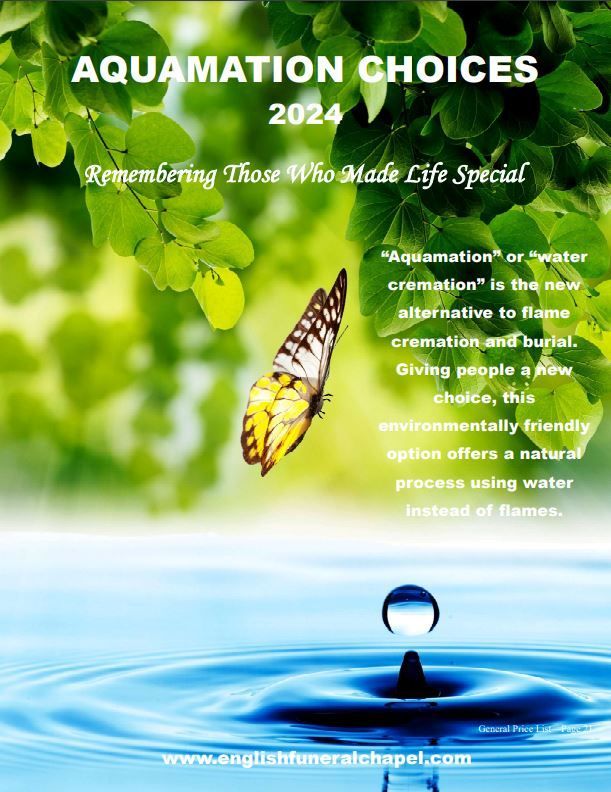Services

A GREENER, GENTLER ALTERNATIVE
Aquamation, also called water cremation, is a gentle, eco-friendly alternative to flame cremation. Just like with traditional cremation, water cremation is a method of final disposition that reduces the body to essential elements, which are then returned to the family. However, no flames are used during the water cremation process, making it a more natural choice. Originally developed by the Mayo Clinic, this revolutionary process is now available to the general public through English Funeral Chapel.
PROVIDED BY A FAMILY YOU CAN TRUST
English Funeral Chapel, Crematory, & Aquamation Center is a family-owned and operated business in Coeur d'Alene and Post Falls, ID. We are the first and only firm in Idaho to offer water cremation.
Since 1941, we have focused on creating meaningful events to celebrate each unique life lived. As innovators in the funeral industry, we are committed to providing state-of-the-art services that distinguish us from other providers. That is why we are proud to offer a gentle, flameless alternative to traditional cremation.
WATER CREMATION PROCESS
The scientific name for this water-based process is alkaline hydrolysis. It is the same process that occurs as part of nature's course when a body is laid to rest in the soil. We use a combination of water flow, temperature, and alkalinity to accelerate nature's process.
The Aquamation process is performed after any viewing, visitation, or funeral services the family wishes to have. When it's time for the process, the individual body is respectfully placed in a stainless steel vessel. Alkali is added to the process based on individual characteristics (weight, sex, embalming status), and the vessel fills with water. The solution of 95o/o water and 5% alkali is heated to 200-300'F and gently circulated for the entire length of the process.
At the end of the process, all material is broken down to the smallest building blocks; there is no DNA or RNA remaining. The sterile process water is released for recycling, and the vessel performs a fresh water rinse for the equipment and remains.
When the operator opens the door, only the inorganic bone minerals remain. These minerals are processed into powder and returned to the family in an urn. This final processing step is the same process that is followed with flame cremation. Many families hold a celebration of life or gathering when the loved one's remains are returned to the family's care.
With Aquamation, there are no direct emissions of harmful greenhouse gasses or mercury into the atmosphere. This process does not burn any fossil fuels. It is very energy efficient - greater than 90% energy savings compared to flame cremation, with only 10% of the carbon footprint. Because Aquamation uses electricity, it will move into the future as our society improves infrastructure for cleaner energy sources - like wind, water, and solar energy. The Aquamation process uses less water than a single household uses in one day (source: watr.usgs.gov).
WATER CREMATION PRICING & PACKAGES
We believe that funeral costs should be as simple and transparent as possible. We've created these straightforward packages to meet the needs of your family.





